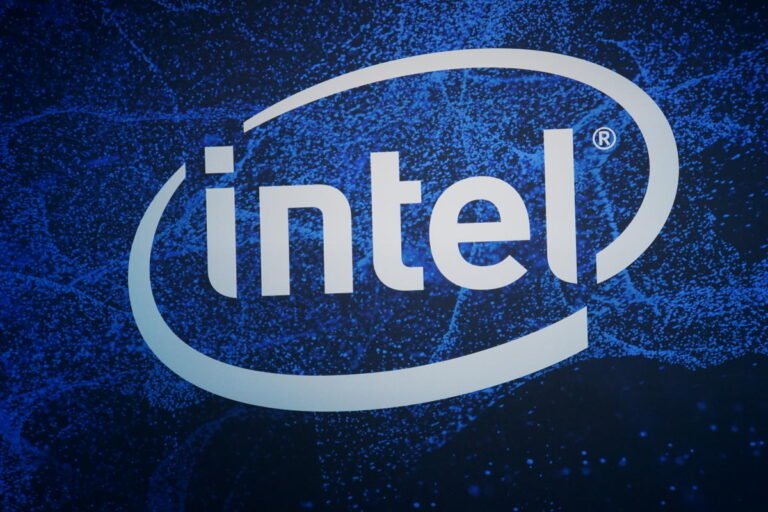Technology evolves rapidly, and companies need well-defined strategies to stay competitive. Intel, one of the world’s leading semiconductor manufacturers, has seen a decline despite its long-standing dominance in the microprocessor industry. Morris Chang, founder of TSMC, made a controversial remark suggesting that Intel should have shifted its focus from chipmaking to Artificial Intelligence (AI). In this post, we explore Chang’s statement, Intel’s position, and the evolving semiconductor industry.
Who is Morris Chang and Why His Opinions Matter?
Morris Chang, founder of Taiwan Semiconductor Manufacturing Company (TSMC), is a renowned figure in the semiconductor industry. Under his leadership, TSMC became the world’s largest semiconductor foundry. Chang’s perspective holds weight, given his extensive experience, and his recent remarks about Intel suggest the company missed an opportunity by not focusing on AI earlier.
Intel’s Evolution and Strategic Challenges
Founded in 1968, Intel became famous for its microprocessors, notably the x86 processor. For decades, Intel dominated the personal computer market with nearly a 90% monopoly. However, in recent years, Intel has struggled with manufacturing delays (e.g., 10nm and 7nm processes) and competition from AMD, Nvidia, and TSMC in areas like gaming, high-performance computing, and AI.
While Intel made strides in AI through the 2016 acquisition of Nervana Systems, it continued to prioritize traditional chip development rather than investing heavily in AI-specific hardware and software. Nvidia, with its GPUs optimized for deep learning and machine learning, outpaced Intel in the AI space.
The AI Boom and Its Impact on Semiconductor Industry
AI is transforming industries such as healthcare, finance, self-driving cars, and robotics, driving demand for specialized hardware like GPUs. Intel’s CPUs, while dominant in traditional computing, are not ideal for AI workloads. Nvidia capitalized on this, developing GPUs designed for AI and machine learning tasks, cementing itself as the go-to provider for AI solutions.
Despite some efforts with its Xeon processors and Mobileye division, Intel has struggled to match Nvidia’s dominance in AI, failing to prioritize AI as a central focus.
TSMC’s Role in AI Advancement
TSMC has emerged as a key player in the AI revolution by supplying semiconductors for Nvidia, Apple, and other AI-driven companies. TSMC has pioneered advanced semiconductor fabrication processes (e.g., 3nm and 5nm nodes) and is essential for producing chips used in AI applications. Intel’s in-house manufacturing model, in contrast, has hindered its ability to compete with TSMC’s cutting-edge chip production for AI technologies.
Why Intel Should Have Focused on AI: A Critical Analysis
Chang’s suggestion that Intel should have focused on AI rather than traditional chipmaking underscores a larger shift in the tech landscape. The AI boom is driving the need for specialized hardware, and Intel’s focus on traditional chip manufacturing has put it at a disadvantage.
Despite acquisitions like Nervana Systems and Habana Labs, Intel has not been able to match Nvidia’s aggressive AI strategy. The company’s reluctance to prioritize AI has resulted in missed opportunities to lead the next technological revolution.
Looking to the Future: Intel and the Semiconductor Industry
The semiconductor industry is dynamic, with increasing demand for AI tools and specialized hardware. Intel must reorient its strategy to focus on AI hardware and software development to remain competitive. This could involve further acquisitions, innovations, and collaborations with AI firms to strengthen its position in the AI market.
As AI continues to expand, the semiconductor industry will evolve. Intel, TSMC, and Nvidia must adapt to the rapidly changing market to stay relevant. The AI revolution presents significant opportunities for growth, but companies must shift focus to seize them.
Conclusion
Morris Chang’s comments emphasize the need for Intel to adapt to the AI-driven tech landscape. While traditional chip manufacturing remains crucial, AI is set to be the next frontier of innovation. If Intel continues to focus solely on traditional chipmaking without fully embracing AI, it risks losing market share. However, by shifting focus and leveraging its resources, Intel can remain a major player in the tech world.
